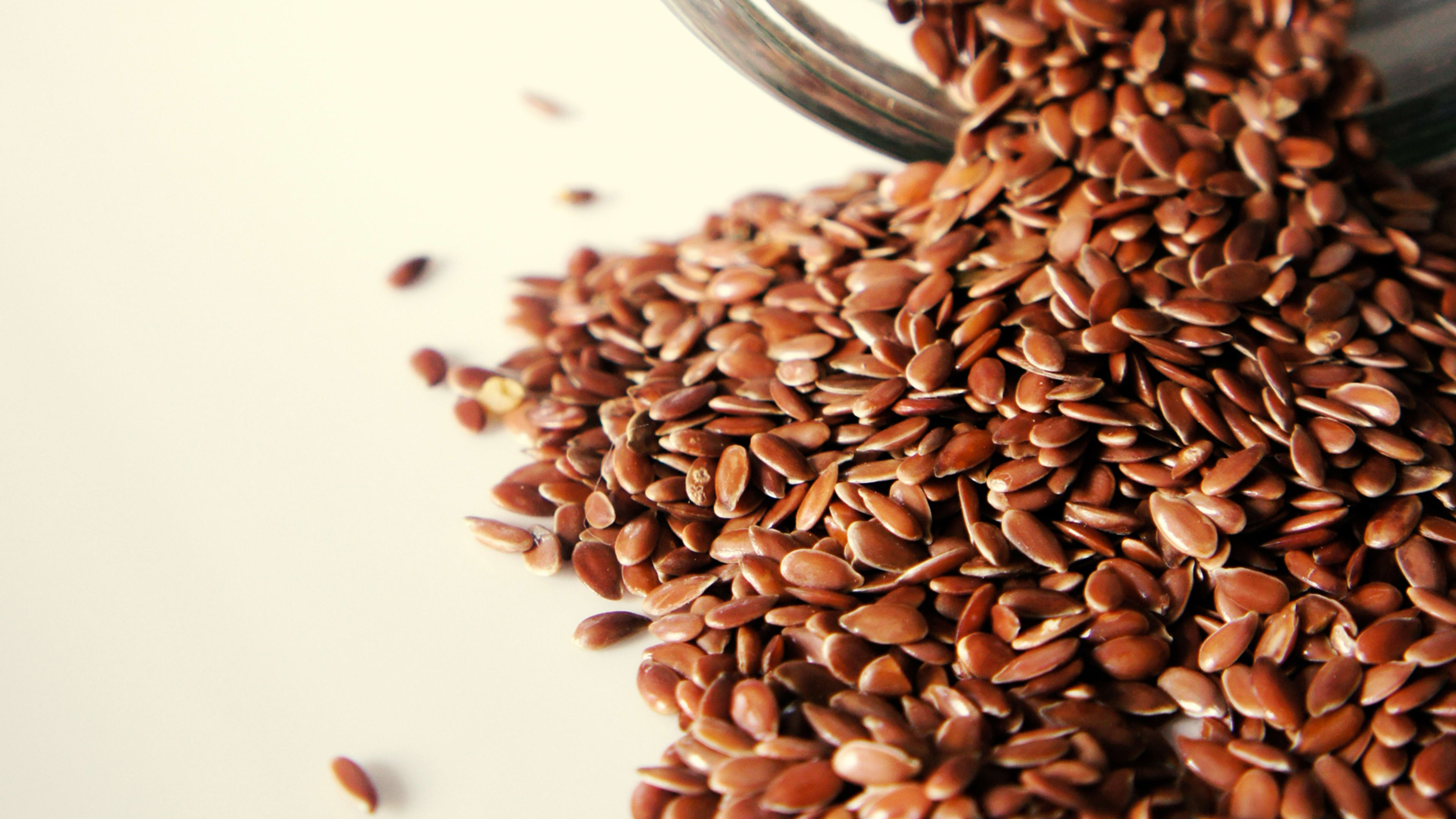Mysterious packages of seeds, many postmarked from China, are showing up at hundreds of people’s homes across the country, prompting state departments of agriculture to issue warnings to residents not to plant them in the ground. Here’s what you need to know about this very odd scenario:
Are the seeds harmful?
Unknown. The U.S. Department of Agriculture said yesterday it is testing the contents of some of the packages to determine just that. Authorities have said they believe the packages are part of a “brushing” scam in which online sellers send out unsolicited packages to help boost their ratings. So far, the USDA says it has no evidence that the seed deliveries are anything more than that.
How do “brushing” schemes work?
There are a few different variations of the scam, but one version is that sellers create fake customer accounts, buy their own products—usually very cheap or worthless versions of products—and send them to people’s homes in other countries. The online customer accounts might be fake, but the addresses are real, and the sellers can then use those accounts to register real deliveries, post glowing reviews of the products, and improve their rankings on e-commerce sites like Amazon or eBay. Many press reports by local outlets like CBS News, Newsday, and others have described the practice in recent years.
Can’t e-commerce platforms crack down on this?
Good question. We reached out to two of the largest ones, Amazon and eBay, to ask more about whether they’ve learned of any recent brushing schemes involving seeds. Neither responded to a request for comment.
Which states have issued warnings about the seeds?
We’re up to all 50 states now, according to the most recent count by CNN. Officials in Canada and the U.K. have issued similar warnings.
What do the packages look like?
They’ve been described as having either white or yellow packaging, and have Chinese lettering on them.
What’s been China’s response?
Wang Wenbin, a spokesperson for the Chinese foreign ministry, defended the country’s postal service, saying it follows all restrictions on seed deliveries, according to Reuters. U.S.-China relations are already at a low point due to a number of factors, including trade tensions, the coronavirus pandemic, accusations of espionage, and Beijing’s controversial national security law in Hong Kong.
I received these mystery seeds. What should I do?
The USDA recommends that anyone who receives an unsolicited package of seeds “contact their State plant regulatory official or APHIS State plant health director.”
So I really shouldn’t plant them?
No!
This post has been updated.
Recognize your brand’s excellence by applying to this year’s Brands That Matter Awards before the early-rate deadline, May 3.
